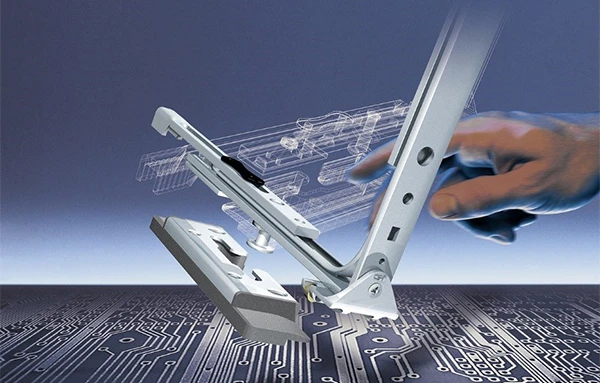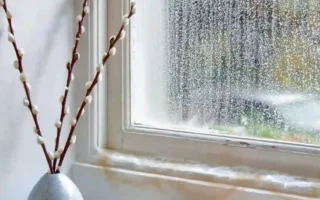Introduction to Window Hardware
Window hardware may seem like a small detail in home design, but choosing the right material can significantly affect how well your windows function over time. For long-lasting satisfaction with your windows, make sure to select quality components that align with your preferences while considering maintenance needs.
Common Materials Used in Window Hardware
The materials used in window hardware are crucial to its performance and longevity. Commonly used materials include stainless steel, aluminum, brass, and zinc alloy. Stainless steel is known for its durability and resistance to corrosion, making it ideal for areas with high moisture levels or harsh weather conditions.
Aluminum is lightweight yet strong, making it a popular choice for modern window designs. Brass offers a classic look and excellent strength but requires regular maintenance to prevent tarnishing. Zinc alloy is another cost-effective option that provides decent durability.
Each material has its own set of advantages and disadvantages based on factors like cost, aesthetics, and functionality. Choosing the right material for your window hardware depends on your needs and preferences. Proper maintenance will help prolong the lifespan of your hardware regardless of the material used.

Advantages and Disadvantages of Different Materials
The material used in window hardware plays a significant role in its performance and durability.
Aluminum is lightweight and corrosion-resistant, making it a popular choice for window hardware. It may be stronger than other materials like steel.
Steel is known for its strength and durability but can be prone to rust if not properly maintained.
Brass offers an elegant look and is highly durable but tends to be more expensive than other options.
Vinyl is affordable, low-maintenance, and energy-efficient. Yet, it may have a different longevity than metal options.
Each material has advantages and disadvantages that should be considered when choosing window hardware for your home.
Choosing the Right Material for Your Window Hardware
When choosing the right material for your window hardware, there are a few key factors to consider. First and foremost, think about the style and aesthetic you want to achieve in your space. Different materials can complement various design themes, so select one that aligns with your vision.
Durability is another crucial aspect to consider. Certain materials may be more resilient than others, depending on where your windows are located and how frequently they are used. Consider factors like weather resistance and wear and tear when making your decision.
Cost is also a significant factor when selecting window hardware materials. While some options may have a higher upfront price tag, they could save you money in the long run by lasting longer and requiring less maintenance.
Choosing the right material for your window hardware is a personal decision that should cater to both practicality and aesthetics. Take the time to weigh all considerations before making your final choice.
Proper Maintenance and Care for Window Hardware
Proper maintenance and care for window hardware are essential to ensure the longevity and functionality of your windows. Regular cleaning with a mild detergent or non-abrasive cleaner can help prevent dirt and debris buildup that may affect the operation of your hardware.
Be sure to inspect your window hardware periodically for any signs of wear, such as loose screws or rusting components. Tightening loose screws and replacing any damaged parts promptly can prevent further damage and extend the lifespan of your hardware.
Lubricating moving parts with a silicone-based lubricant can help reduce friction and keep your windows operating smoothly. Avoid using oil-based lubricants as they can attract more dirt and grime over time.
The Importance of Quality Window Hardware
Quality window hardware plays a crucial role in your windows’ overall functionality and longevity. Opting for high-quality materials ensures durability and reliability when choosing the right hardware.
Investing in top-notch window hardware enhances the aesthetics of your home and improves security by providing sturdy locks and mechanisms. Quality hardware can withstand daily use without compromising performance, giving you peace of mind.
By prioritizing quality when selecting window hardware, you are making a wise investment that will benefit you in terms of functionality and aesthetics for years to come.
Conclusion
In the world of window hardware, materials play a crucial role in functionality and aesthetics. Each material has advantages and disadvantages, from classic metal options to modern polymer choices. When selecting window hardware for your home, consider factors such as durability, maintenance requirements, and design preferences.
By understanding the different materials used in window hardware and their respective pros and cons, you can make an informed decision that best suits your needs. Whether you prioritize affordability or durability, there is a material out there that aligns with your priorities.
When choosing the right material for your window hardware, weigh all factors carefully. Your choice will affect the functionality of your windows and contribute to the overall look of your space.




